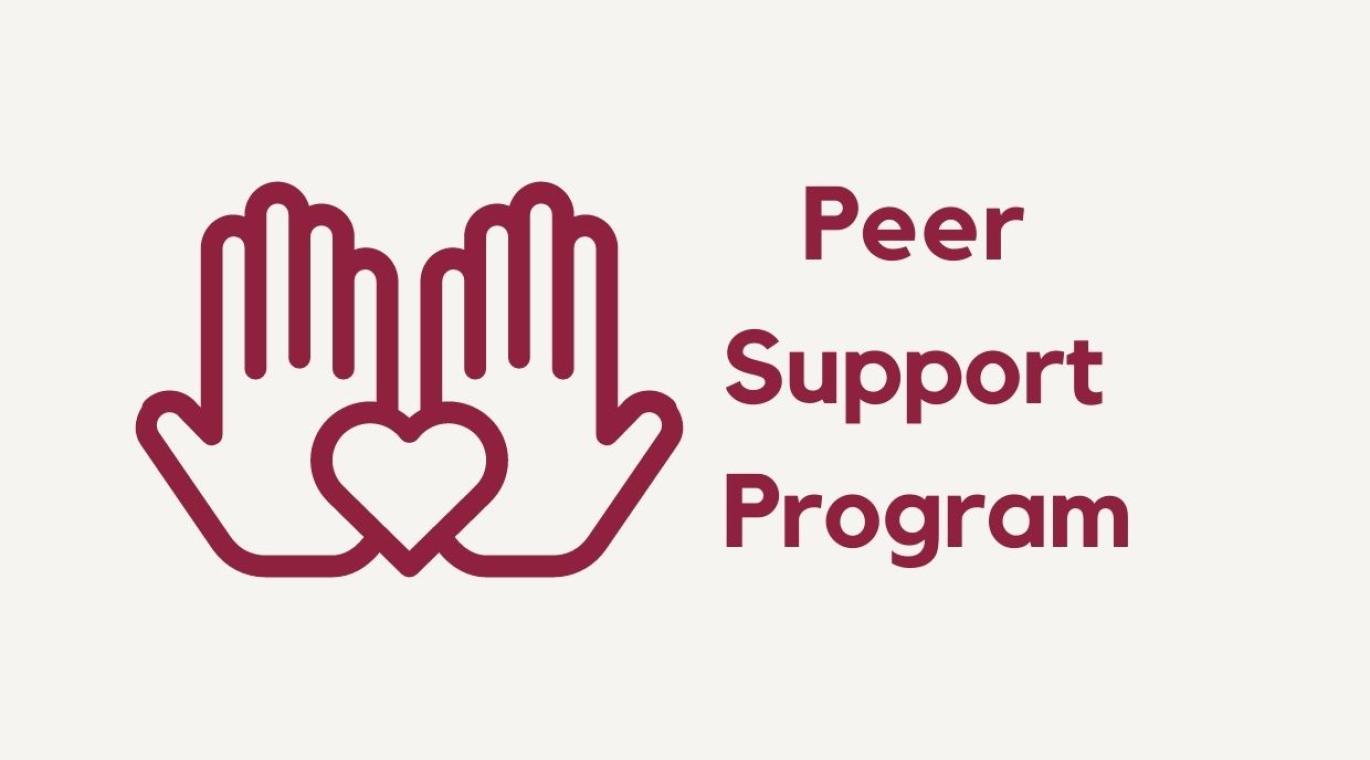
Being a physician can be extremely rewarding but it can also be exhausting and draining. With added stress from events such as medical errors, adverse events or patient complaints to name a few, it can be overwhelming. The majority of physicians would rather go to another peer physician for support than a mental health professional or an employee assistance program in these instances. Peer Support is an empathetic ear from a colleague who has probably gone through something similar to what you are facing right now.
Peer Support Programs are being established across the continent as we acknowledge the importance of physician wellness and the role it plays in health care. We must care for our own health before we can provide the best care for our patients.
Email us at seamo.physicianwellness@queensu.ca if you need support. Simply put ‘requesting a peer supporter’ in the subject line, you do not need to give any details.
Dr. Melissa Andrew, Psychiatry
Dr. Tara Baetz, Oncology
Dr. Stephanie Baxter, Ophthalmology
Dr. Erin Brennan, Emergency Medicine
Dr. Suzanne Bridge, Critical Care Medicine
Dr. Steve Brooks, Emergency Medicine
Dr. Christine D’Arsigny, Critical Care Medicine
Dr. John Drover, Critical Care Medicine
Dr. Michael Fitzpatrick, Medicine
Dr. Renee Fitzpatrick, Psychiatry
Dr. George Gray, Obstetrics & Gynaecology
Dr. Dan Howse, Critical Care Medicine
Dr. Kelly Howse, Family Medicine
Dr. Melanie Jaeger, Anesthesiology
Dr. Ruzica Jokic, Psychiatry
Dr. Mala Joneja, Medicine
Dr. Edmund Jones, Otolaryngology
Dr. Alenia Kysela, Family Medicine
Dr. Marie Leung, Medicine
Dr. Lysa Lomax, Medicine
Dr. Gillian MacLean, Pediatrics
Dr. Glykeria Martou, Surgery
Dr. Mike McMullen, Anesthesiology
Dr. Alex Menard, Radiology
Dr. Romy Nitsch, Obstetrics & Gynaecology
Dr. Louise Rang, Emergency Medicine
Dr. Krish Rao, Ophthalmology
Dr. Andrew Robinson, Oncology
Dr. Shayna Watson, Family Medicine
Dr. Kristi Wood, Surgery
Dr. Boris Zevin, Surgery
